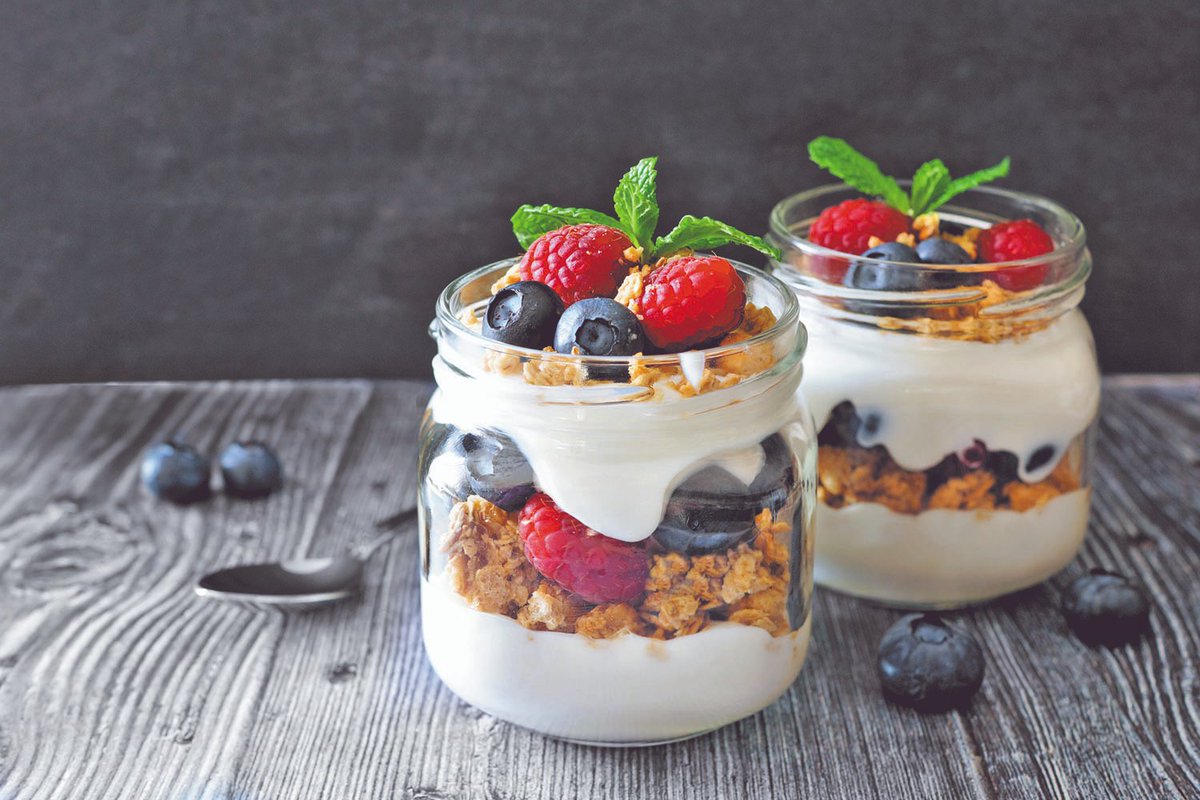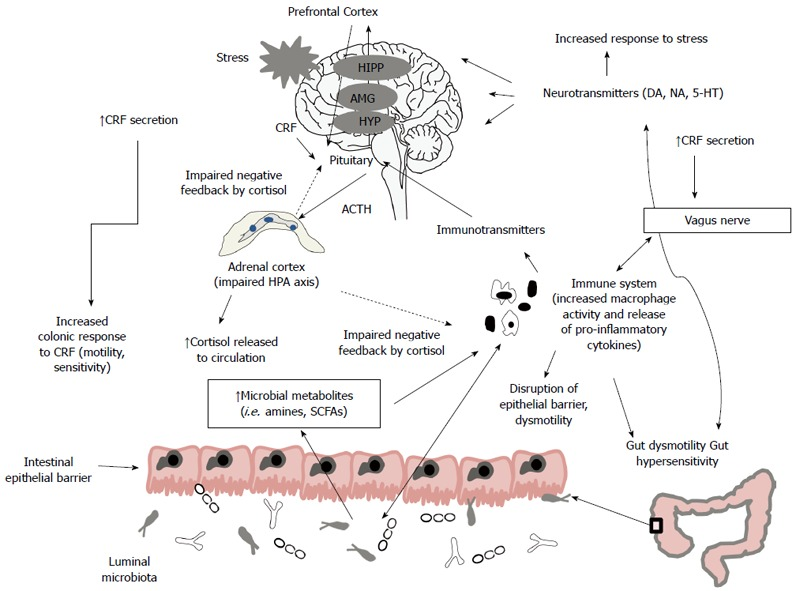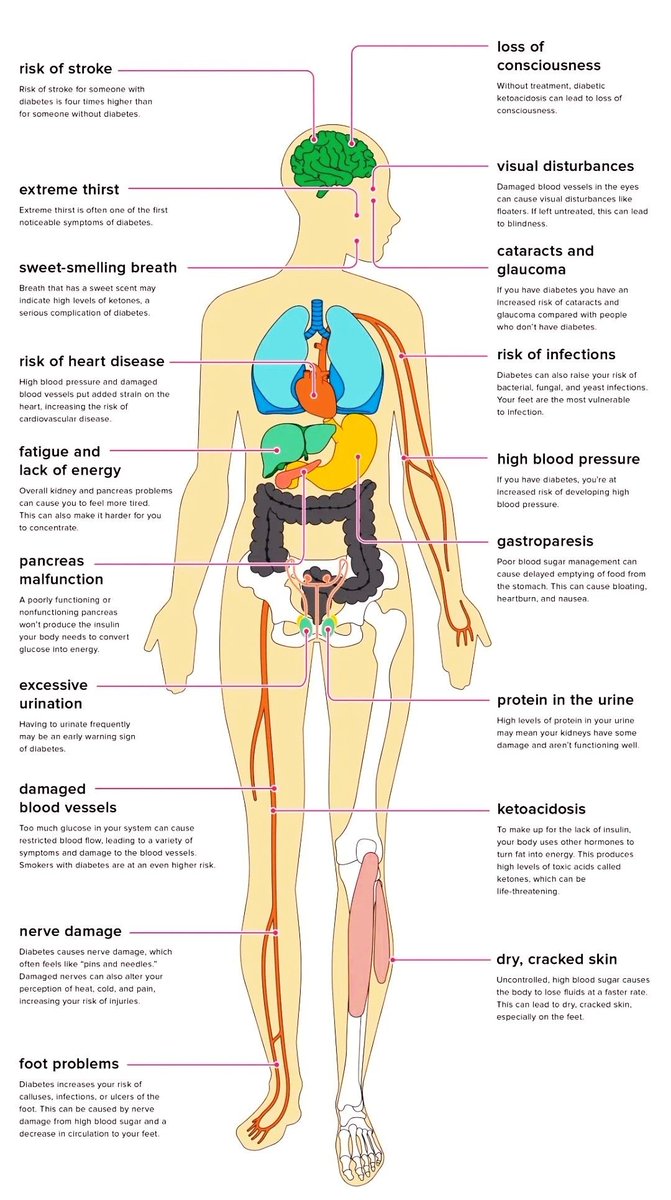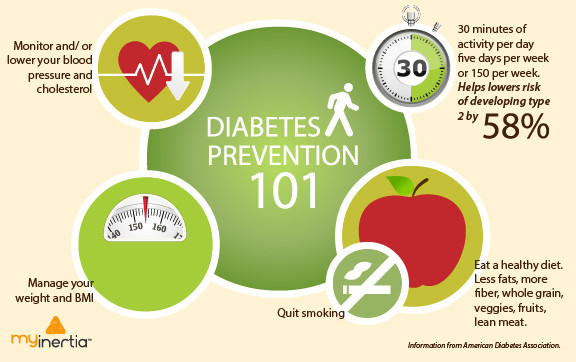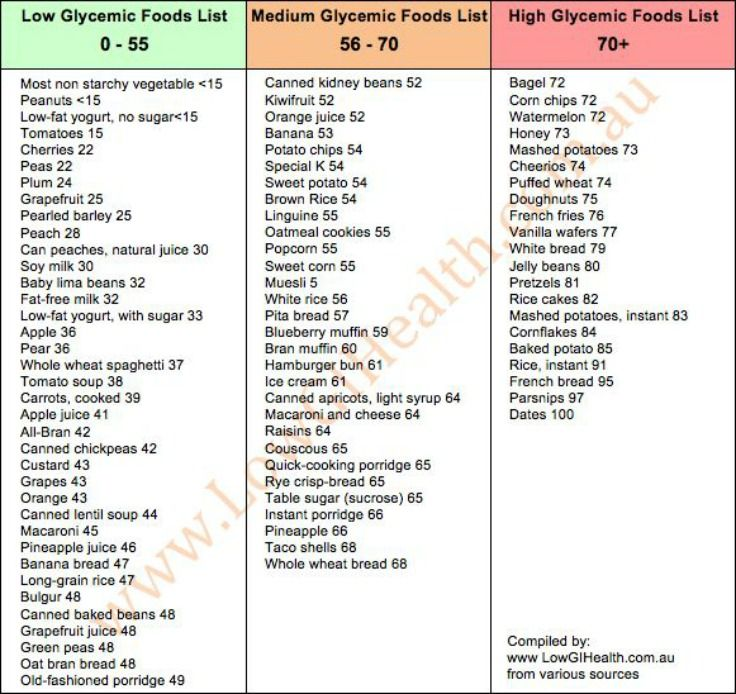The race for #coronavirus vaccines: a graphical guide by @nature. Eight ways in which scientists hope to provide immunity to #SARSCoV2.
This thread is to provide an insight into how 4 different types of vaccines work.
Vaccine Basics: How we learn to develop immunity
This thread is to provide an insight into how 4 different types of vaccines work.
Vaccine Basics: How we learn to develop immunity

SARS-CoV-2 vaccines: a variety of approaches
All vaccines aim to expose the body to an antigen that won’t cause disease but will provoke an immune response that can block or kill the virus if a person becomes infected.
All vaccines aim to expose the body to an antigen that won’t cause disease but will provoke an immune response that can block or kill the virus if a person becomes infected.

1.Virus Vaccines: At least 7 teams are developing vaccines using the virus itself, in a weakened/inactivated form. Measles and polio vaccines are made this way. These require extensive safety testing. Sinovac Biotech in Beijing is one of these. 

2. Viral-vector vaccines: Around 25 groups say they are working on viral-vector vaccines. A virus such as measles or adenovirus is genetically engineered so that it can produce coronavirus proteins in the body. These viruses are weakened so they cannot cause disease. (1/2) 

There are two types: those that can still replicate within cells and those that cannot because key genes have been disabled. (2/2)
3. Nucleic-acid vaccines: At least 20 teams are aiming to use genetic instructions (DNA or RNA) for a coronavirus protein that prompts an immune response when inserted into human cells, which then churn out copies of the virus protein by encoding the virus’s spike protein. 

4. Protein-based vaccines: Many researchers want to inject coronavirus proteins directly into the body. Fragments of proteins or protein shells that mimic the coronavirus’s outer coat can also be used. 

• • •
Missing some Tweet in this thread? You can try to
force a refresh



